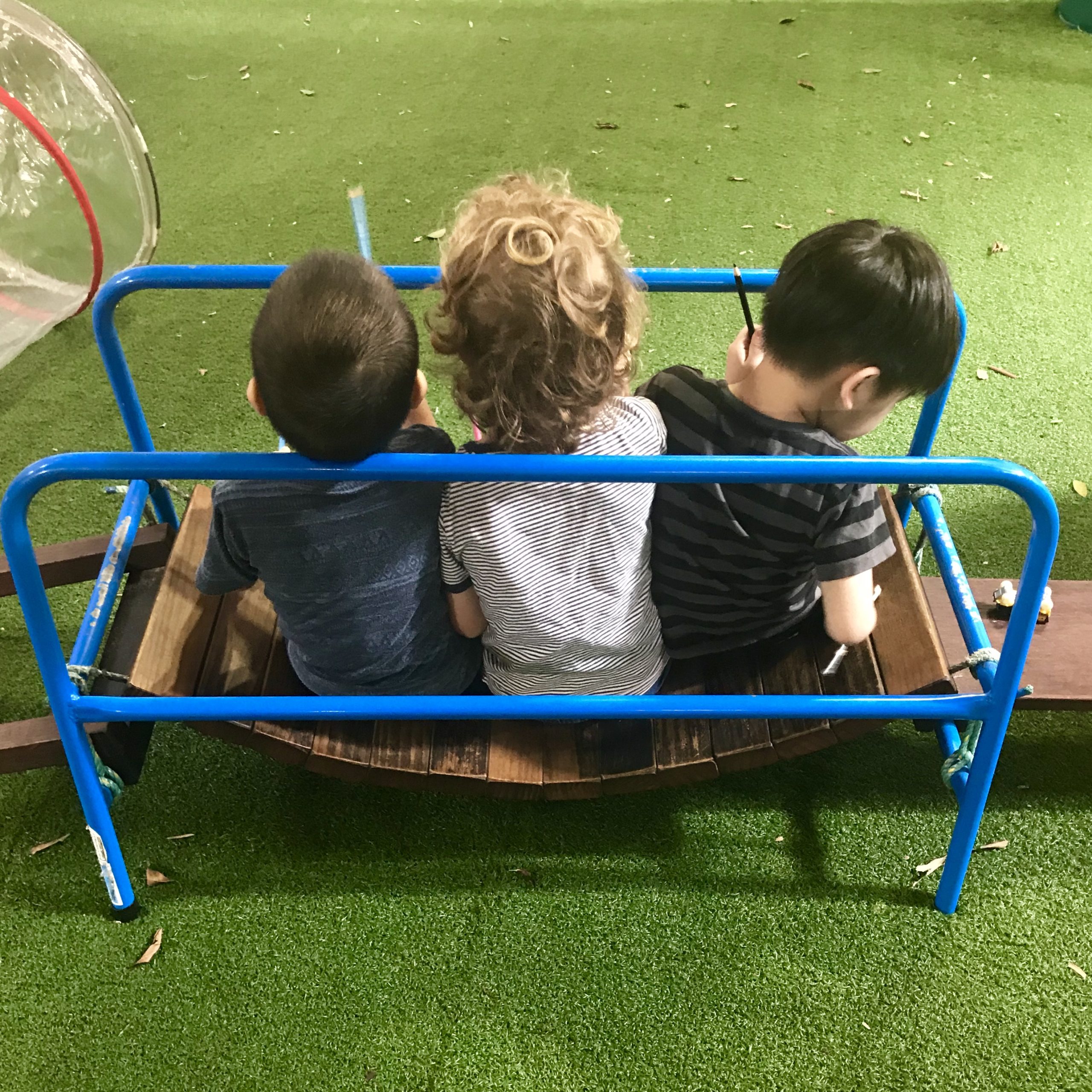
When to Start Your Child at Daycare: Navigating Communication Delays with Confidence
Deciding when to enrol your child in daycare is a significant milestone for any parent. It’s a decision filled with questions and considerations, especially if your child has a communication delay. While it may seem daunting, rest assured that daycare can be a supportive environment that fosters growth and development. Let’s hear what our Speech Pathologists say and get their advice on how to navigate this journey with confidence.
Understanding Communication Delays
Firstly, let’s clarify what a communication delay entails. It can manifest in various forms, such as difficulty speaking, understanding language, or using appropriate social communication skills. Each child is unique, and delays can range from mild to severe. If you’ve noticed your child struggles with speech or language milestones, early intervention is crucial.
The Role of Daycare in Development
Daycare provides more than just childcare; it’s a dynamic setting where children learn through play, social interaction, and structured activities. For a child with a communication delay, daycare offers numerous benefits:
- Social Interaction: Interacting with peers and caregivers is essential for developing communication skills. It exposes children to different social scenarios, encouraging them to practice language in a supportive environment.
- Structured Learning: Many incorporate structured activities that promote language development, such as storytelling, singing songs, and group discussions. These activities help children learn new words, improve vocabulary, and grasp essential communication concepts.
- Routine and Consistency: Establishing a routine can be beneficial for children with communication delays. This setting provides a structured environment with predictable schedules, which can enhance their comfort and confidence in social settings.
- Early Intervention Opportunities: The staff often work closely with parents and may notice early signs of communication delays. They can provide valuable insights and recommend further evaluation or intervention if necessary.
Factors to Consider When Choosing a Daycare
When selecting a centre for your child with a communication delay, consider the following factors:
- Staff Training and Experience: Ensure that daycare staff have the right qualifications and experience working with children with special needs or communication delays. They should be knowledgeable about early childhood development and supportive of individualised learning plans.
- Communication Support: Ask about their approach to supporting language development. Do they use visual aids, communication boards, or other tools to assist children with verbal challenges?
- Inclusive Environment: Look for one that values inclusivity and celebrates diversity. A nurturing and accepting environment can boost your child’s confidence and social skills.
- Parent Involvement: Choose a daycare that encourages parent involvement and communication. Regular updates and collaborative planning can ensure consistency between home and daycare settings.
- Daycare Visits: Ask the daycare of they allow your child’s Speech Pathologist to visit the centre. If your chid spends 2-3 days per week, or longer, at daycare then it’s a great place to implement strategies to improve your chid’s communication.
Making the Decision
Deciding when to start your child at daycare is a personal choice based on your child’s unique needs and your family’s circumstances. Here are some considerations to help guide your decision:
- Consultation with Professionals: Speak with your child’s pediatrician or speech pathologist for guidance on developmental milestones and readiness for daycare.
- Trial Period: Consider starting with a part-time schedule or short trial period to assess how your child adjusts to the daycare environment.
- Follow Your Child’s Pace: Every child develops at their own pace. Trust your instincts and observe how your child responds to new social situations and interactions.
Embracing Growth and Progress
Enrolling your child in daycare can be a positive step towards supporting their communication development. It provides opportunities for learning, socialisation, and building essential skills for future academic and social success. Remember, each day is a new opportunity for growth and progress.
Final Thoughts
Choosing daycare for a child with a communication delay requires thoughtful consideration and proactive planning. By selecting a nurturing environment that supports individual needs, you’re empowering your child to thrive and reach their full potential. Embrace this journey with confidence, knowing that you’re making a meaningful difference in your child’s life.
Take the Next Step
Are you considering daycare for your child with a communication delay? Explore your options and discuss strategies with daycare providers to create a supportive plan. Our Speech Pathologists do regular daycare visits so staff can use the most effective strategies for your child’s communication. Together, we can create a path that celebrates your child’s unique strengths and fosters their communication skills. Contact us if you are unsure if your child should start daycare. Our Speech Pathologists can answer all your questions. Let’s embark on this journey of growth and discovery together.
